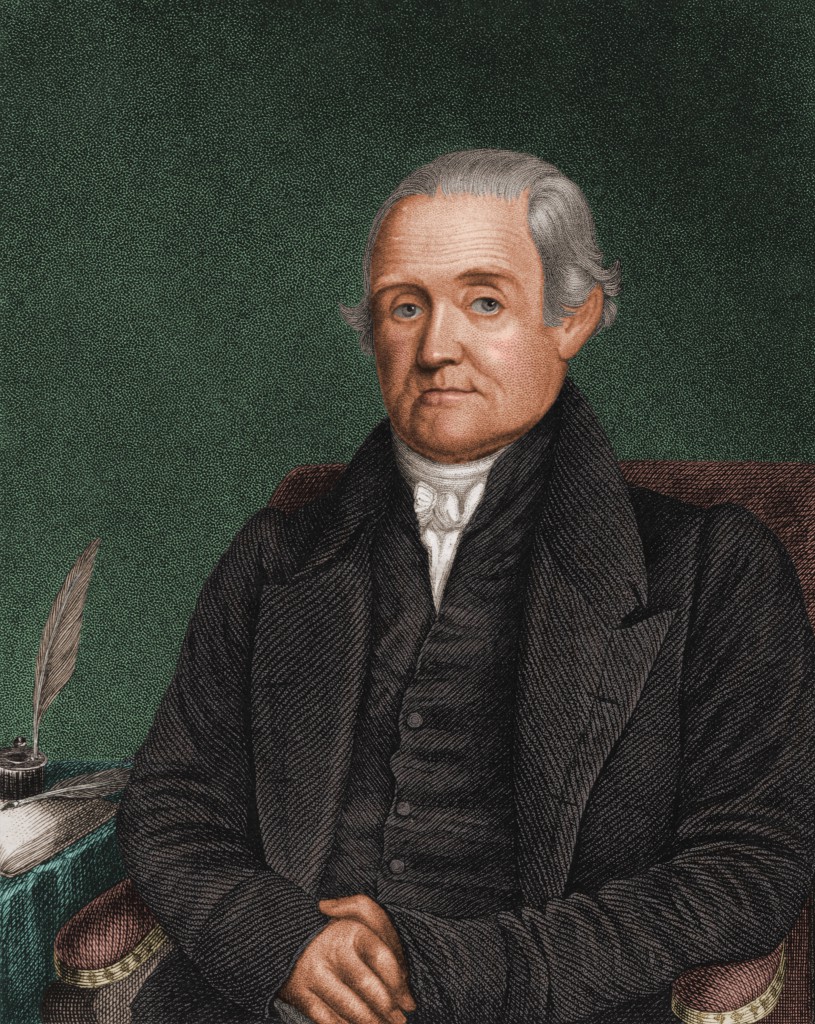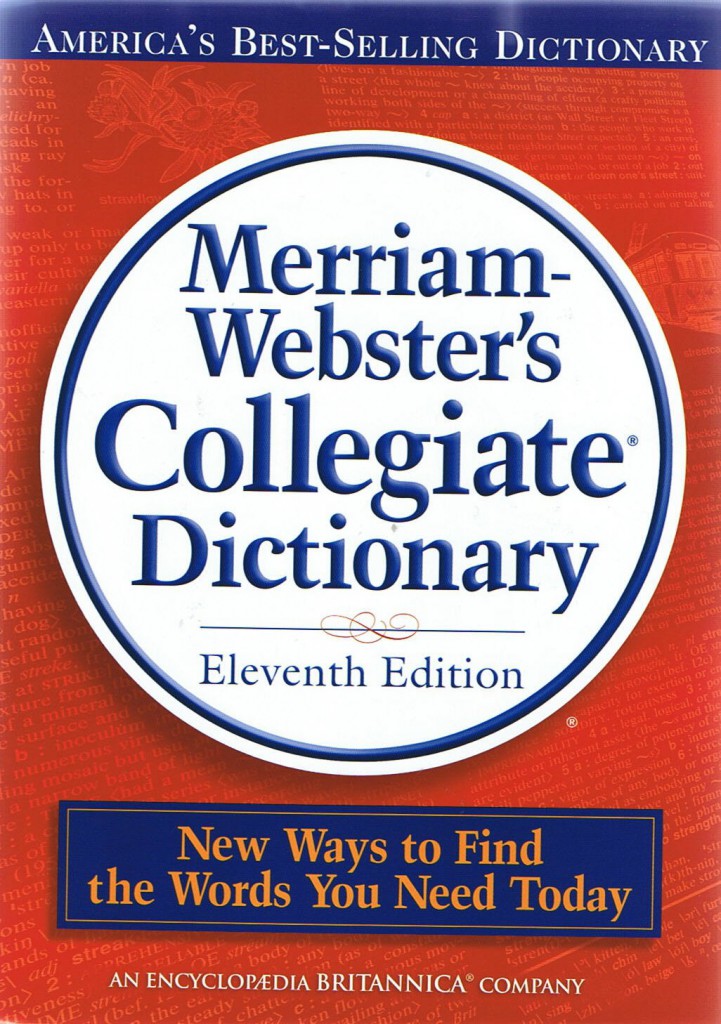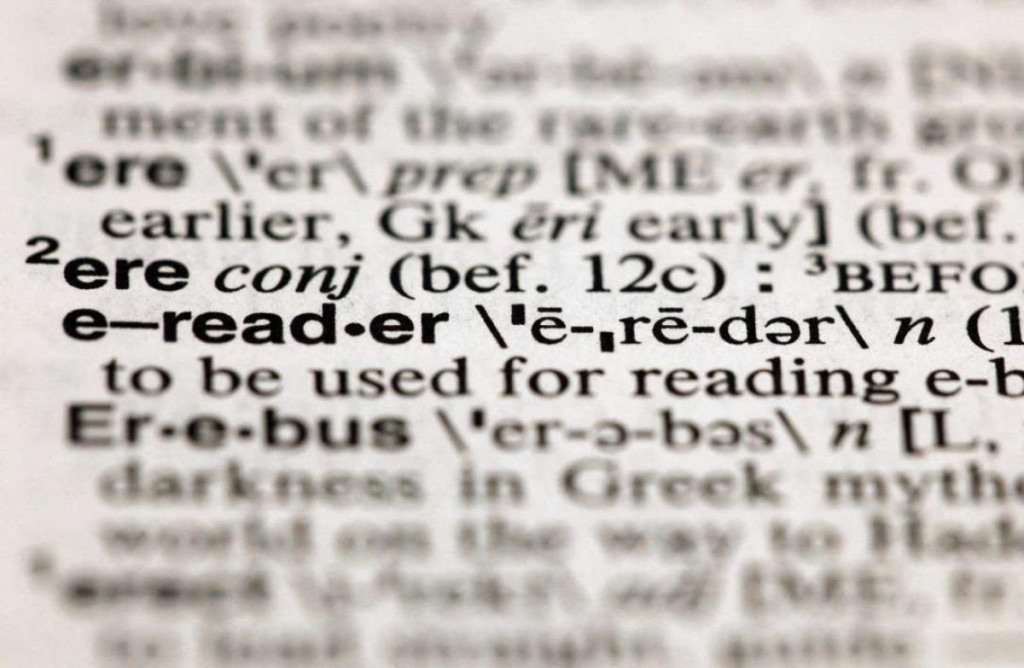As a non-native English speaker (French is my first language), I had to go through the arduous process of actually learning Shakespeare’s language from scratch. In school, most of my teachers were trained in the UK (it’s the closest English speaking country, obviously) and spoke British English with a polished British accent. In the face of our complaints (why do we need to learn another language, can’t people just speak French? Well, we will just mime then) they used to tell us that English would be our passport to the world, it would open up so many doors for us, we would be able to communicate with the world, etc. Liars!
Contrary to what we are told, not everybody speaks English. Many do but there is still a good 15% who do not. Okay so that still leaves over 85% of English speakers. Or mostly English. There lies the trap: there isn’t just one English language. Since I live close to Great Britain and learned British English, it always appeared to me as the norm, I thought that all English speakers spoke British English. Foolish me!
Was I surprised when I first spoke to Americans! What was this language they were speaking? English, seriously? I just had to learn a whole new language altogether, as well as a new vocabulary. Thank you very much Noah Webster!
Does the name ring a bell? Well it’s kind of a household name nowadays; Webster dictionaries are a language students’ best friend. Noah Webster (1758-1843) is the father of the Webster Dictionary. He is a famous lexicographer and fiercely patriotic man who insisted that American children should learn American, as a way to end the English indoctrination.
To truly assert America as an independent nation – and act the separation form the United Kingdom – he took it upon himself to work toward Americanizing the English language and published what is recognised as the very first American dictionary “A Compendious Dictionary of the English Language” in 1806 (and a more popular version in 1828).
Noah Webster brought 3 main changes – though only 2 really stuck:
- He simplified spelling by deleting the silent letters that can be found in many words. The most perceptible effect of this simplification is the “our” endings which lost their “u”: neighbour became neighbor, honour became honor, and so on. While he was at it, he also changed the letters of some words so that the spelling would match the pronunciation: centre became center and organise became organize.
- He made words shorter and more phonetic. Or at least wanted to, because his attempts didn’t really work. This would have meant dropping the letters that weren’t pronounced: island -> iland, friend -> frend, etc. He also tried to impose a spelling of words closer to their phonetic pronunciation. Had he succeeded, you would have written tongue as tung and character as karacter. (Way ahead of its time, Noah Webster create text language before text messages were even invented)
- He chose to keep a 26 letters alphabet. In Latin and older forms of the English language, the letters “j” and “v” were but alternative forms of the letters “i” and “u”. By giving them their own sections in his dictionary, Webster made sure these letters didn’t simply disappear from the American language as some wanted at the time.
And so the American language was born.
The point of this article? Here at Nomen we often work with many dictionaries for the purpose of creating names, so I really wanted to pay tribute to my beloved dictionaries by writing as small thing about one of them. Since I’m also rather fond of my Oxford dictionary as well as my Robert&Collins one, you might expect an article about one of those someday too.


